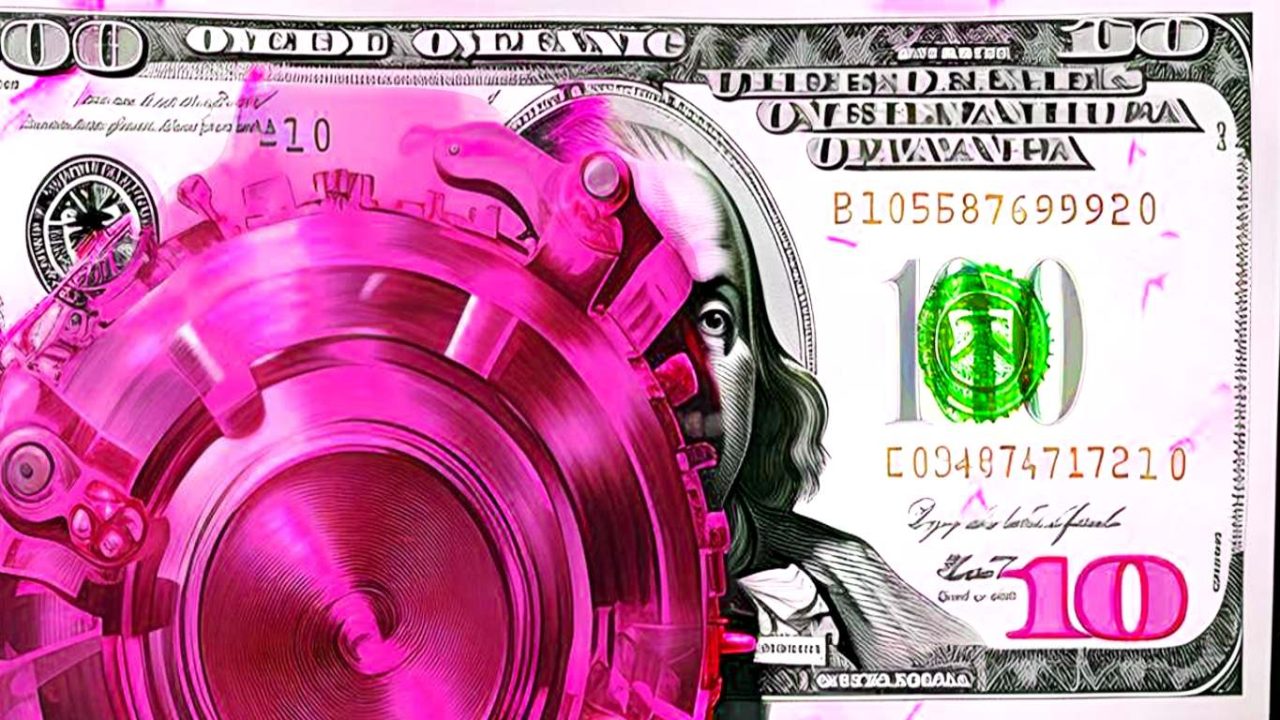US Congressman George Santos, a first-term member of the House of Representatives, is currently facing indictment for thirteen felonies, including alleged embezzlement of contributions, fraudulent collection of unemployment checks, and providing false disclosures to the House. Among the array of charges, one of his more peculiar schemes involved cryptocurrency and seemed to be reminiscent of the classic Nigerian prince email scam, according to a report by The New York Times.
The US Congressman carried out a Nigerian prince scam
As per a campaign donor’s account to the Times, Santos, along with two other individuals, approached him with a peculiar proposition. They claimed to be in contact with a wealthy Polish citizen who desired to purchase cryptocurrency but was unable to do so due to frozen assets. The trio, however, failed to disclose the reason behind the asset freeze or provide any details about the Polish investor. Instead, they requested the donor’s assistance in creating a limited liability company to gain access to the funds. The donor, sensing a resemblance to the well-known Nigerian prince email scam in which a wealthy foreigner seeks help to access frozen assets, sought more information about the arrangement.
In response, the US Congressman and his associates requested the donor to sign a non-disclosure agreement. However, when the donor proposed certain changes to the agreement, the discussions came to a halt. The bizarre cryptocurrency scheme involved US Congressman George Santos, former Republican state assemblyman Michael LiPetri, and Bryant Park Associates, a company run by Republican donor Dominick Sartorio, according to the report. While LiPetri acknowledged being aware of Santos’ efforts, he claimed not to have been directly involved in the details and stated that no deal ultimately materialized.
In March, the US Congressman, representing New York’s 3rd congressional district, was arrested and charged with thirteen felonies. He pleaded not guilty to all charges, and the legal proceedings are underway. The convergence of cryptocurrency and politics has recently ventured beyond regulatory debates into more intricate and, at times, unusual territories. U.S. Democratic Presidential candidate Robert F. Kennedy Jr. made an appearance on Twitter Spaces, where he confirmed his ownership of Bitcoin and lauded the cryptocurrency as a “currency of freedom.”
Balancing innovation and regulation in the crypto space
Robert Kennedy Jr. also expressed intentions, if elected, to support the U.S. dollar with Bitcoin and exempt Bitcoin from taxes. The intersection of cryptocurrency and political figures has garnered increased attention as digital assets continue to evolve and gain mainstream recognition. While some politicians advocate for embracing cryptocurrencies as a tool for financial freedom, others remain cautious about potential risks and seek to establish comprehensive regulatory frameworks.
Cryptocurrency’s rising prominence in political discussions highlights the need for thoughtful consideration and informed policies that strike a balance between fostering innovation and protecting investors and consumers. The decentralized nature of cryptocurrencies presents unique challenges, prompting lawmakers to explore effective ways to mitigate potential misuse and criminal activities.
As the case involving the US Congressman unfolds and the broader crypto-political landscape evolves, it becomes evident that this novel area requires thorough scrutiny and responsible engagement. As politicians delve deeper into the realm of digital currencies, the public expects transparency, integrity, and a commitment to upholding the highest ethical standards.
George Santos’ involvement in an unconventional cryptocurrency scheme underscores the complexities of the intersection between crypto and politics. As regulators, politicians, and the public grapple with the implications of digital assets on traditional financial systems, striking the right balance becomes crucial. The ongoing discussions and legal actions in this domain will shape the future of cryptocurrencies’ role in politics and society at large.





